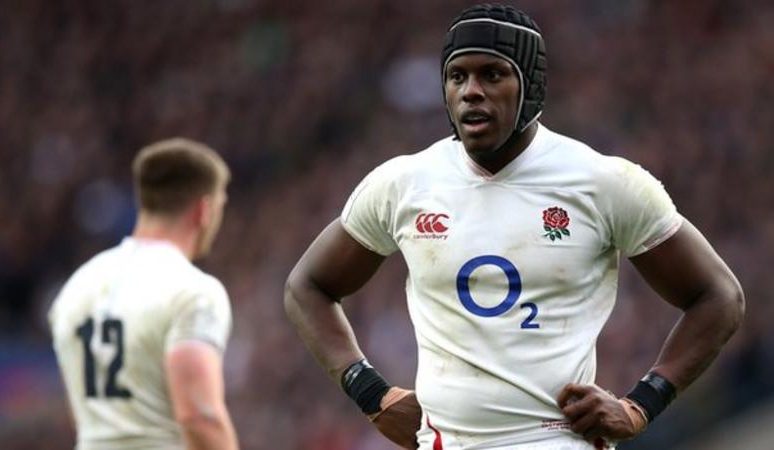England rugby team fix what was broken

A key factor in the England rugby team’s thriller 23-20 Six Nations win over France at Twickenham on Saturday was the marked change in captain Owen Farrell’s attitude towards the referee. It is a lesson for our schoolboys – and perhaps all (or at least many?) of us.
My experience is that it appears to take a lot for South African rugby fans to even grudgingly accept and respect “anything England national rugby team”, and Farrell in particular has not endeared himself to South Africans with what has too often come across as an irritating, arrogant, “bad sport” manner.
England’s defeat by Wales had been punctuated by what Saffas have come to love to hate about the England skipper; a “whinging” Farrell questioning the match official seemingly at every opportunity. It did nothing positive for his side; indeed it just created a frustrated, negative outcome.

As a player (and spectator) we should surely come to realise over time that remonstrating with the ref does near-nothing to engender a change in decision. Farrell has now shown to himself in the high-quality France match that a change in his approach brings reward. Not once did the England number 12 challenge referee Andrew Brace.
Head coach Eddie Jones revealed after the match that his leading man, who also enjoyed an outstanding personal performance, was under orders not to confront the ref – and Farrell stuck to that game plan.
I like how Jones puts it: “The way Owen (Farrell) has responded to the criticism that he has received has been absolutely outstanding. He hasn’t whinged, he hasn’t complained, he took it on the chin, got on with it and fixed his game.
“… we basically made the decision on the referee that we were going to let him do whatever he wanted. No queries, no questions. He had a game plan about how he wanted to referee and we followed and adapted. Owen had a great balance and I thought he was at his aggressive best (as a player).”

England management had earlier in the week invited noted refs Andrew Barnes and Matthew Carley to advise Farrell and the team on how to cope better.
One player who clearly benefited was key England lock Maro Itoje, who gave away 5 penalties against Wales. This time round, it was one.
To top it all, Itoje impressed with his known ability to disrupt the opposition and also scored the nail-biting winning try (4 minutes from time). The lock forward’s remarks afterwards also spoke volumes for the thought he had put into fixing the mistakes he had made against Wales, which had drawn much criticism his way.

And Jones said not much input had come from the coaching staff. “Sometimes you can see it in a player; when they have their head around it and their eyes in it. To play that sort of game, on the back of what Maro (Itoje) has had to suffer, is a great testament to his character and his desire to be a good teammate. That is what stood out for me – his desire to be a good teammate.”
The talismanic lock revealed how he had successfully got the balance right. “Obviously I never want to lose my bite. I never want to lose my edge. I believe my mentality makes me the player I am. My attitude makes me the player I am. At the same time, I have to thread that needle more effectively.”
And the eloquent Maro, who is a fascinating personality with many fine attributes, certainly threaded that needle properly on Saturday – he negotiated the fine line, that narrow margin of playing on the edge without incurring damaging sanction.

England did concede 12 penalties, just 2 less than against Wales, but encouragingly it was the manner in which those penalties were incurred that marked the difference. Too many against Wales were of the sort that are the bane of every fan’s life. You know, when a player in “your” team does something that leaves you in What the … was he thinking!? mode.
This time they weren’t of the “just-plain-dumb” variety.
As Jones puts is so well: “When you start moving the ball at pace it puts more pressure on your support play, and our support play just wasn’t good enough (on the occasion of the penalty transgressions). It’s not a discipline issue, it’s a playing issue.”
Now that kind of penalty conceded is of the sort that most fans can live with – the type where admirable attacking intent is only undone when the ball-carrier gets isolated. That shows a team is on the right path. It is an error that can be improved on.
All in all, well done England on taking positive action on stuff that needed to be fixed.


Source info: The Telegraph
Images: Getty

